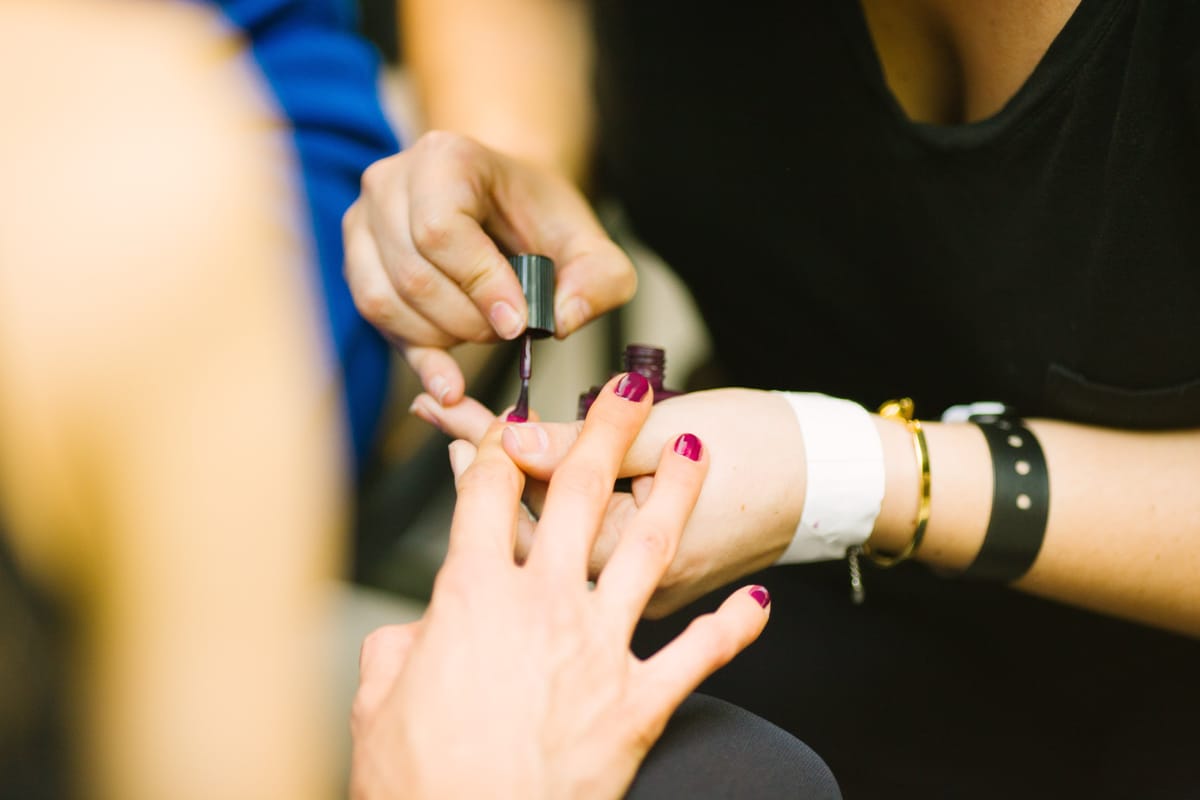$15 Minimum Wage Will Apply to Almost All Workers in NYC by End of 2020


Yesterday the minimum wage in New York City rose to $15 per hour regardless of the size of the employer for all non-tipped employees. For those of you whose wages include tips — you will also get to minimum wage regardless of tips by the end of 2020, if you fall under one of “miscellaneous industries.” This does not apply to those working in the hospitality industry (restaurants, bars, and hotels) — here’s how your minimum wages get worked out.
The State Department of Labor issued an order eliminating the tip credit, which often resulted in subminimum wage for workers, by end of 2020. The order impacts over 70,000 tipped employees in New York State across different service-based industries: nail salon workers, hairdressers, aestheticians, car wash workers, valet parking attendants, door-persons, tow truck drivers, dog groomers, and tour guides.
New York State Law allows certain industries to pay tipped employees below the state minimum wage only if those employees earn enough in tips to make up the difference. In certain workplaces where wages and tips are both generally low, workers’ income can rely almost entirely upon tips.
The elimination of the tipped wage for miscellaneous industries will be phased in over a one-year period, helping employees, while also giving businesses time to adjust to these changes.
On June 30, 2020, the difference between the minimum wage and current tip wages will be cut in half. On December 31, 2020 the tipped wage will be completely eliminated and workers in these effected industries will be making at least the minimum wage, which is $15 in NYC.

The Department of Labor released the Subminimum Wage Report and Recommendations following intensive studies and testimonies from impacted individuals across industries with tipped-based wages.
Key findings of the report:
- Eliminating the tip credit system would provide a more predictable wage floor for tipped workers and would help offset known wage fluctuations due to customer preference, the economy, or seasonality.
- The current system of tipping disproportionally impacts the lowest-paid workers in our state: women, minorities, and immigrants.
- Workers in miscellaneous industries face a significant risk of underpayment — both by intentional wage theft and inadvertently due to the complex nature of how the tip credit is calculated.
- Tipping is not an established custom in most of the miscellaneous industries. Many customers do not know that workers in the miscellaneous industries typically depend on tips to earn a minimum wage.
A Department of Labor investigation in 2008 found that nearly eight out of every 10 car washes in New York City violate minimum wage and overtime laws, with some paying just $3 an hour. Investigators visited 84 carwashes throughout the state and uncovered $6.5 million in underpayments to 1,380 workers.
“When workers come in asking for help, they always ask what they should be making. What is the minimum wage,” said Kathy Amiliategui, a Make the Road New York organizer in a testimony for the report. “It’s a simple question and yet for tipped workers, one with an unnecessarily complicated answer. It’s nearly impossible for workers to enforce their labor rights when the minimum wage is so convoluted. Frequently workers go through the process of meeting with advocates and lawyers to understand what their legal minimum wage should be only to find out that their wages are being stolen anyways.”
The report also found that employers in these industries find it difficult to keep track of tips properly: daily and weekly fluctuations make it difficult for workers to know whether they are being underpaid and complicated tip credit record-keeping can make it difficult for employers to know whether they are meeting their obligations.
“With a minimum wage I will be very, very calm and I will be staying without anxiety because I won’t be worried if some clients come or some clients don’t come,” said nail salon worker Crescenciana Mercado in a testimony for the report.
A three-year assessment of wage theft cases investigated by the Department of Labor published in 2018 show that nearly two-thirds of all minimum wage-related cases were in the industries covering miscellaneous industry workers, and in 80% of cases, underpayments were found.
“In New York, we believe in a fair day’s pay for a fair day’s work,” Governor Cuomo said in his announcement. “But after an exhaustive investigation conducted by the Department of Labor, it’s clear the tip system in many situations is needlessly complicated, allowing unscrupulous businesses to flout our nation-leading minimum wage laws and robbing workers of the paycheck they earned. That ends now.




